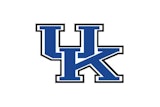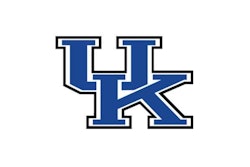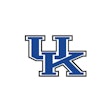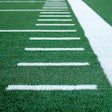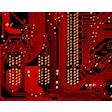Researchers at the University of Nebraska are developing a tool that could rule out or confirm a concussion within 10 minutes. The device, a functional MRI (magnetic resonance imaging) machine, would use an electrode net placed on an athlete's head to monitor brain activity in response to various stimuli. Based on subtle changes in blood flow, team medical professionals will be able to determine within minutes whether an athlete is concussed, and if so, how severely.
"We can get an idea of what area of the brain is being involved in the process, whether the speed of processing is at the rate it should be," said Dennis Molfese, director of the university's Center for Brain Biology and Behavior, which opens this month at Memorial Stadium. "The different areas of the brain that normally integrate information quickly stop doing that, so that's another way we should be able to pick up whether there is an injury or not."
The test offers a scientific and objective approach to concussion testing, reducing the opportunities for errors and missed injuries. Many current concussion tests have been criticized for being too subjective, relying on an athlete's responses and open to the possibility of athletes downplaying symptoms in order to return to play.
"There's no question it's going to move the dial forward," NCAA chief medical officer Brian Hainline. "The big, hoped-for dream would be, let's have a biomarker in brain imaging. If you're to the left of that, you're safe; if you're to the right of it, you're not. That's probably a few years out. But functional brain imaging and blood flow are going to be a very important part of that."
The device, which still needs fine-tuning and likely won't see use for a couple of years, is costly, though, and it will likely be even longer before it's seen on the sidelines of a youth football game. The $3 million piece of equipment is just a small part of the university's recent investment in concussion research and sports safety, highlighted by the $55 million Center for Brain Biology and Behavior built as part of an addition to Memorial Stadium. The location within the stadium is intended to facilitate greater communication and interaction between the athletics and research teams.
"We're going to be with UNL faculty looking at a host of issues that really cut across every discipline in the university," said Molfese in a university press release. "Our goal is to do nothing less than to make this a cutting-edge, world-renowned, world-unique brain-imaging center that eventually will become a model for brain-imaging centers around the world."














